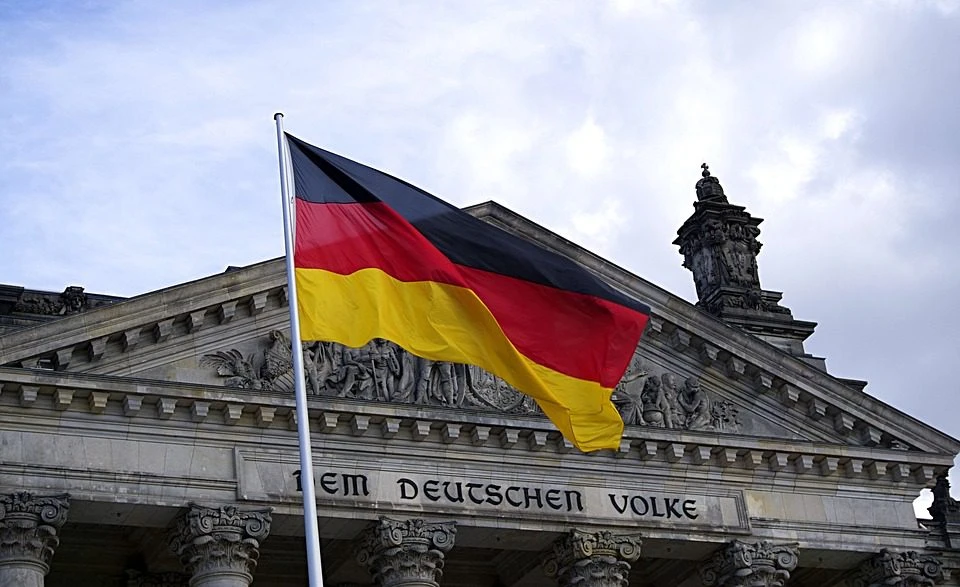DSWV urges total regulatory overhaul ahead of German MPK

As the Minister-Presidents of Germany's 16 federal states prepare to meet to discuss the future of gambling regulations, the German Sports Betting Association (DSWV) has urged a root-and-branch overhaul of the current framework.
DSWV president Mathias Dahms said that with operators expected to adhere to the restrictive terms of the third amended State Treaty on Gambling until 30 June 2021, the market should be significantly expanded under the legislation that replaces it.
Under the State Treaty, which was ratified in March, licence applications will be processed from January 2020. However, operators will be restricted to offering online sports betting, with no in-play, a €1,000 monthly spending limit imposed on players, as well as a 5% tax on turnver. Should its replacement fail to remove these restrictions, and legalise online casino games, the only beneficiaries would be unlicensed operators, with consumers put at risk, Dahms explained.
“Consumer protection and regulation are not mutually exclusive,” he said. “Only if the policy channels the existing [online] markets into a regulated framework will player and consumer protection controls be effective.
“The planned restrictions to sports betting, artificial barriers in the form of arbitrary spending limits and the continuation of the prohibition of online gaming would only serve to shepherd players towards the unregulated black market.”
The DSWV claimed existing regulations ignore evidence about problem gambling in the country, noting that there are no grounds to suggest that online gaming is any more dangerous than other forms of gambling.
“The proposed measures are based on the misconception that the availability of a sufficiently attractive range of games, and the simultaneous increase in demand, automatically lead to an increased risk of addiction,” it explained. “In addition, the figures collected by the gambling supervisory bodies and the Federal Center for Health Education (BZgA) are ignored.”
The DSWV added that studies suggest the growth of the online gambling market has not led to a growth in gambling addiction.
“The market for online betting and online games has nearly quintupled in Germany between 2009 and 2017. The BZgA shows in studies that the explosive growth of the online gambling market has not led to any additional problems with addiction.”
Ultimately, it said, regulations that maintain the status quo, rather than significantly expanding the market, would do players a “disservice”.
“The channeling of previously unregulated gaming services in a regulated market must be the prime objective of a new state gaming agreement,” Dahms added. “The offers must be so attractive that consumers prefer them to the black market.”
The Minister-President Conference will see lawmakers debate changes to German gambling laws from tomorrow (24 October), which would come into force from 30 June, 2021.
The country's slot association added its own input into the regulations this week, arguing that establishments should be permitted to offer multiple game verticals and that updated regulations should maintain the state lottery monopoly on draw-based games.
Last month, lawmakers from Schleswig-Holstein, representing the parties in the state’s so-called ‘Jamaika-Koalition’ said they wanted to see a “fair, responsible, transparent and legal” gambling market. The legislators set out demands including for online casino regulation, rules allowing gaming machines and sports betting being offered in the same land-based venue and an end to the prohibition on in-play betting.
